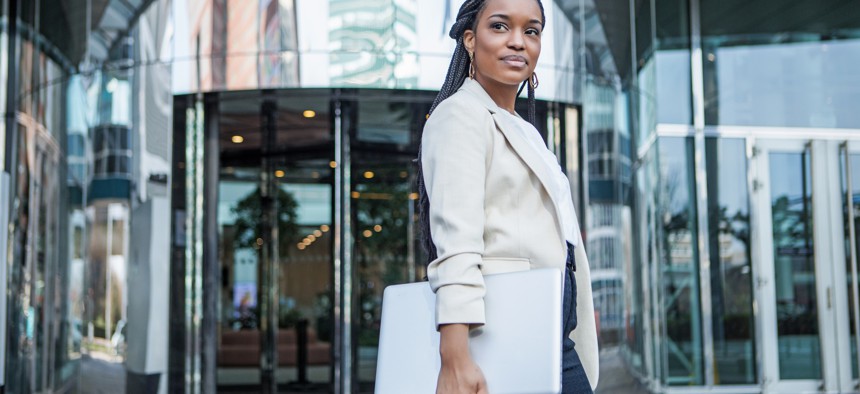3 US Cities Win Bloomberg Global Mayors Challenge

iStock.com/Lorado
Cities in New Jersey, Arizona and Minnesota were selected for their unique programs to help residents get jobs and to accelerate opioid treatment.
Bloomberg Philanthropies announced the 15 winning cities of its 2021-2022 Global Mayors Challenge, including three U.S. cities—two praised for their unique job-finding services for residents and one for its efforts to elevate opioid addiction treatment.
The annual challenge is a competition that supports and spreads cities’ most promising ideas. The latest winners are being recognized for designing bold, ambitious urban programs and projects emerging from the Covid-19 pandemic, according to a press release by Bloomberg Philanthropies.
“As the world works to address the profound public health and economic effects of the ongoing pandemic, cities can implement innovative ideas at a pace that national governments simply can’t match,” says businessman Michael R. Bloomberg, founder of Bloomberg Philanthropies and former mayor of New York City.
The three U.S. cities to win the challenge are:
Patterson, New Jersey
Each year, more than 1,700 opioid-related overdoses take place in Paterson, a community near New York City that has many low-income households. Residents experiencing opioid-use disorder face barriers to proper support, including treatment being available at limited times. While medically assisted treatment is recommended, it is offered less than 30% of the time, according to Bloomberg Philanthropies.
In response, the city created “RealFix,” a program that will provide treatment onboarding and prescriptions to appropriate patients within 90 minutes, no matter the time or day.
Phoenix
The U.S. Census shows that Phoenix was the fastest-growing big city in the country from 2010 to 2020. Job postings have increased by 30%, but Phoenix still is experiencing an increase in joblessness, with nearly 200,000 residents filing unemployment claims since the outset of the pandemic.
To bridge the divide between job seekers and potential employers, Phoenix is deploying “Career Mobility Units” that provide targeted assistance to residents where they live—including training, interview opportunities, translation services and connections to employers ready to hire them on the spot, Bloomberg Philanthropies says.
Rochester, Minnesota
Black and Indigenous women of color account for 13% of the population yet they fill less than 1% of construction jobs in Rochester, which is an hour and half south of Minneapolis.
Where traditional workforce development models fail to address the types of conflicts anticipated when integrating BIPOC women into white-male-dominated workplaces, the city is engaging with the women, employers and labor associations to design pathways for increased participation in Rochester’s growing construction industry. The efforts focus on education, training, hiring and work-culture interventions, Bloomberg Philanthropies says.
For more information from the Bloomberg Philanthropies press release click here.
Andre Claudio is an assistant editor at Route Fifty.
NEXT STORY: How Republicans Are Using Preemption to Advance Voter Suppression





